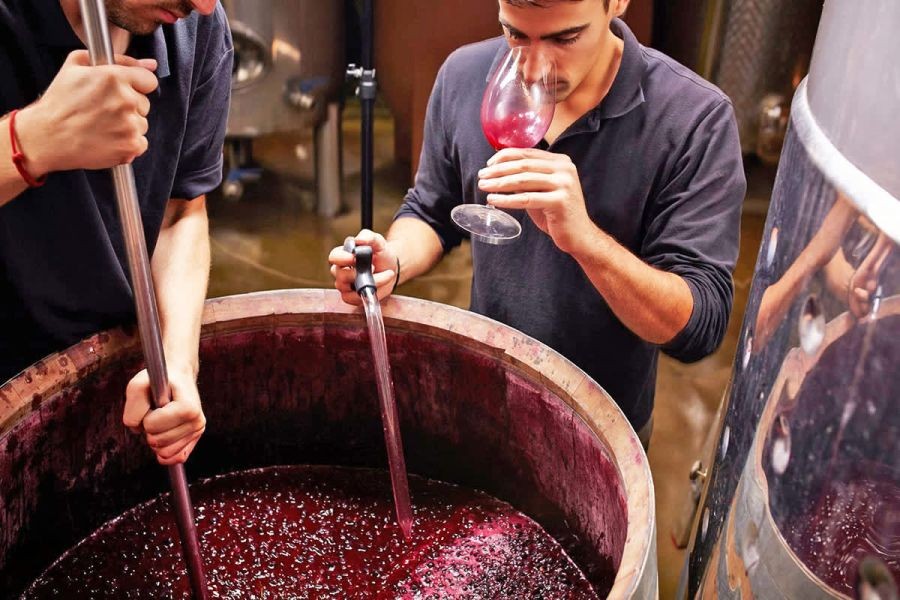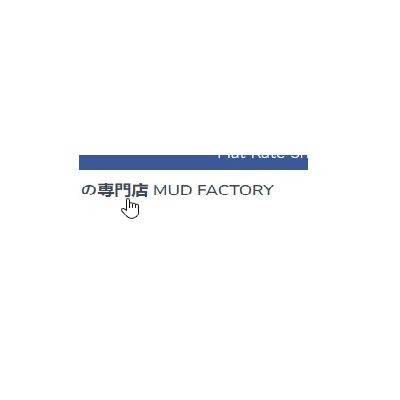New Zealand's rise as a global leader in wine production is a compelling narrative of innovation, sustainability, and strategic vision. Often overshadowed by larger wine-producing countries, New Zealand has carved out a significant niche in the global market. This transformation is not only a testament to the country's unique terroir but also a reflection of its commitment to sustainable practices and quality production.
The Evolution of New Zealand's Wine Industry
Historically, New Zealand's wine industry was relatively small, with limited international recognition. However, a strategic shift in the 1980s, focusing on quality over quantity, began to reshape the industry. According to Stats NZ, the country's wine exports have grown by over 500% since 1990, with Sauvignon Blanc leading the charge. This growth is underpinned by New Zealand's commitment to sustainable farming practices and innovation in viticulture.
The Role of Sustainability
New Zealand's wine industry has embraced sustainability as a core principle, setting it apart from many global competitors. The Sustainable Winegrowing New Zealand (SWNZ) program, established in 1997, ensures that vineyards and wineries adhere to strict environmental, social, and economic sustainability standards. This commitment not only enhances the quality of the wine but also protects the environment, a critical consideration for New Zealand's unique ecosystems.
Data-Driven Insights
According to the Ministry for Primary Industries, New Zealand's wine sector contributes over NZD 2 billion annually to the economy, with projections indicating continued growth. This data underscores the economic significance of the industry, not just in terms of revenue but also in job creation and regional development. The emphasis on data-driven strategies has been key to optimizing production and improving market reach.
Case Study: Cloudy Bay – Pioneering Excellence
Problem: Cloudy Bay, a Marlborough-based winery, faced the challenge of establishing a unique identity in a crowded market. Initially, the winery struggled with visibility both domestically and internationally.
Action: Cloudy Bay adopted a pioneering approach by focusing on premium quality Sauvignon Blanc. The winery invested in sustainable practices and innovative marketing strategies, emphasizing the distinct Marlborough terroir.
Result: Within a decade, Cloudy Bay became synonymous with high-quality Sauvignon Blanc, achieving a 70% increase in exports. The winery's commitment to sustainability attracted environmentally conscious consumers, further boosting its international reputation.
Takeaway: Cloudy Bay's success illustrates the power of strategic differentiation and sustainability in the wine industry. New Zealand wineries can learn from this model to enhance their global competitiveness.
Debunking Myths in Wine Production
- Myth: "Organic wines are less flavorful." Reality: Many organic wines are celebrated for their complexity and depth, with studies showing no significant difference in taste compared to non-organic wines.
- Myth: "Sustainable practices are too costly." Reality: While initial investments may be higher, sustainable practices often result in long-term cost savings and increased profitability, as evidenced by New Zealand's thriving industry.
- Myth: "New Zealand only produces Sauvignon Blanc." Reality: While Sauvignon Blanc is prominent, New Zealand also excels in producing Pinot Noir, Chardonnay, and other varietals, showcasing the country's diverse wine capabilities.
The Future of New Zealand Wine
The future of New Zealand's wine industry appears promising, with several emerging trends poised to shape its trajectory. According to a report by the Ministry for Primary Industries, there is a growing emphasis on organic and biodynamic wines, aligning with global consumer preferences for sustainable products. Additionally, technological advancements in precision viticulture are expected to enhance yield and quality.
By 2030, New Zealand aims to be the world's most sustainable producer of premium wine, a goal supported by ongoing research and innovation. This ambition not only positions the country as a leader in sustainability but also as a trendsetter in wine production.
Conclusion
New Zealand's ascent in the global wine industry is a testament to its strategic focus on quality, sustainability, and innovation. As the country continues to lead in sustainable practices, it sets a benchmark for other nations. For sustainability consultants and industry stakeholders, the New Zealand wine sector offers valuable insights into the integration of environmental stewardship with economic success.
As the industry evolves, the lessons learned from New Zealand's journey can guide global wine producers toward a more sustainable and prosperous future. What strategies will you adopt to ensure your business remains at the forefront of this dynamic industry?
People Also Ask
- How does sustainability impact New Zealand's wine industry? Sustainability practices have led to increased demand and higher profitability, with NZ wineries adopting eco-friendly approaches that enhance wine quality and market appeal.
- What makes New Zealand's wine unique? New Zealand's unique terroir, coupled with a commitment to sustainability and quality, results in distinctive wines that are highly sought after globally.
- Is the New Zealand wine industry expected to grow? Yes, with a focus on innovation and sustainability, the industry is poised for continued growth, contributing significantly to the economy.
Related Search Queries
- New Zealand wine industry growth
- Sustainable wine production in New Zealand
- New Zealand Sauvignon Blanc exports
- Cloudy Bay winery success story
- Future trends in wine production
- Organic wine market in New Zealand
- New Zealand wine economic impact
- Precision viticulture in NZ
- Biodynamic wines in New Zealand
- Leading New Zealand wine producers




































margareta3208
6 months ago